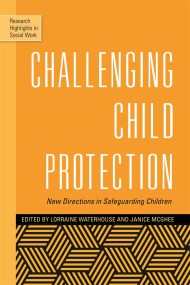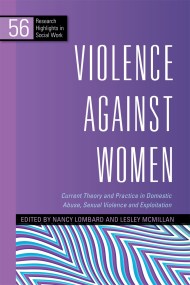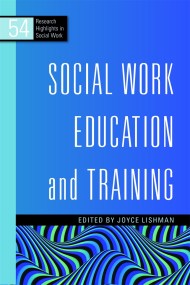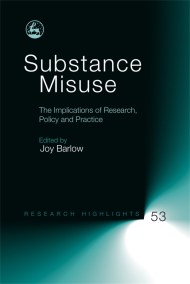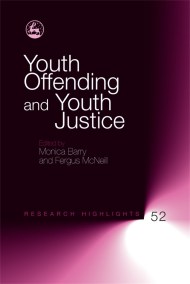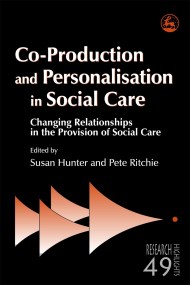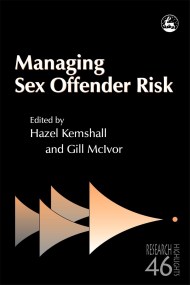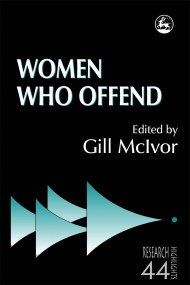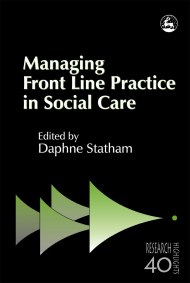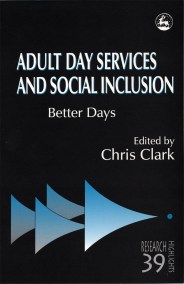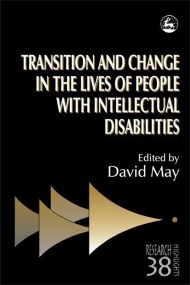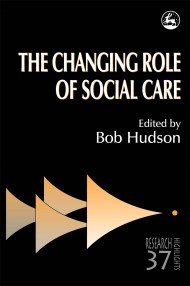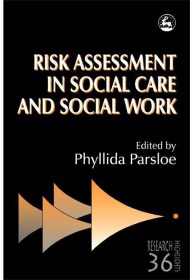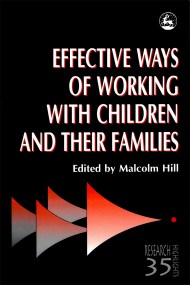The contributors to this volume examine the range and nature of problem behaviours among children and young people and the changing nature of their offending, which is reflected in the ongoing examination of philosophies, practices and policies and the tension between `welfare’ and more traditional `justice and punishment’ approaches. They recognise the increasing obligation of recognising the rights of young people who offend and trace the relationship between explanations of offending by this group and the implications these have for the development of relevant and effective crime prevention strategies.
They consider not only English, Scottish and Welsh systems, but also the international arena. With reviews of juvenile justice systems and measures for dealing with juvenile offenders being undertaken in most European countries British developments are evaluated in the broader context of general trends in offending by children and young people.
They consider not only English, Scottish and Welsh systems, but also the international arena. With reviews of juvenile justice systems and measures for dealing with juvenile offenders being undertaken in most European countries British developments are evaluated in the broader context of general trends in offending by children and young people.
Newsletter Signup
By clicking ‘Sign Up,’ I acknowledge that I have read and agree to Hachette Book Group’s Privacy Policy and Terms of Use
Reviews
Possibly the best chapter was written by Paul Littlewood on the subject of secure units... Littlewood made me wonder if it was the right course of action to take
This book is a welcome contribution to the continuing debate about how to manage children who display challenging or delinquent behaviour. Written from a largely sociological perspective, it still has much to offer psychologists and others working with young peopel who offend. I would recommend it to any professional working in this field.This is a useful book. It has much value to offer practitioners and students will find its review format helpful.
Those who come from England or Wales will find here a really up to date account of the law in relation to young offenders. Scottish readers and those interested in their panels will find the workings of this system well described.The book also contains a useful comparison of how juveniles are defined and dealt with judicially in quite a few European countries. The chapters are of a uniformly high scientific standard and are for the most part very informative and readable. The publication can be recommended to child and adolescent psychatrists particularly those working in any part of Europe.
This book contains nine chapters by different authors presenting a diverse range of topics - preventing youth crime with some specific examples and challenging thoughts about a school effectiveness; an international and analytic view of social crime prevention; Scottish Children's Hearings; a clear summary of juvenile justice in England and Wales; a chilling account of children and violence in the USA which suggested a glimpse of things to come here; female offenders in Scotland; community based sanctions and intermediate treatment; secure units; and a final chapter on restorative justice which included a review of juvenile justice in the European Community. The book can either be read as a whole by anyone wanting to be well informed or it can be dipped into.
A useful collection of papers on the ever timely topic of youth crime
Gives a very good picture of the current state of play within this dilemma-ridden client group-a useful and timely volume.
Anyone working in the field of youth justice will find [this] of interest. It is an accessible book, suitable to read either from cover to cover, or to dip into.


